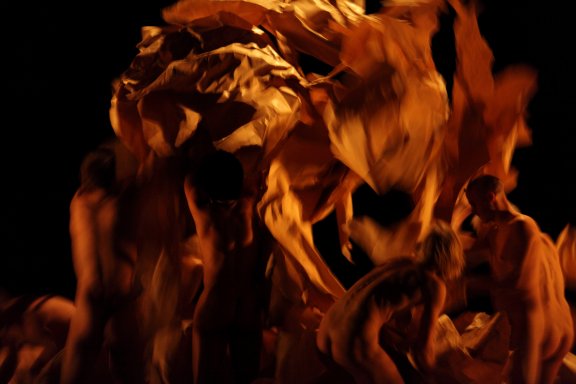2.10.21 — 14:30
CN D à Pantin
14:30 — 90 min.
“Una danza que no deja de preguntar”: ritual, gesture and memory in the Cueca Sola (Chile 1978-2019)
by Milena Gallardo (Chile), Tania Medalla (Chile), Daniela Guzmán (Chili, France)
with the participation of Julieta Pavez-Boissin et Katherine Soto Santibañez
The Cueca Sola is an event that was created in 1978 by the women from the association of the parents of missing inmates in Chile (AFDD) in order to denounce, through song and dance, the disappearance of their loved ones under the dictatorial regime of Augusto Pinochet (1973-1990). This form of denunciation, which still exists today, has endured over the years and has been taken up by various social structures. Our paper means to expose the ritualistic character of the Cueca Sola dance through an analysis of the public performance entitled “Una danza que no deja de pre- guntar” (“A dance that never stops asking”) by the Cueca Sola Collective on September 11, 2019, during the public commemorations of the 1973 coup, one month before the social uprising of October 2019. We would like to analyze certain artifacts and gestures which evoke the missing bodies of the departed as a means of collectivizing the passage from the ritual process of mourning the absent towards a desire for social justice.
16:30 — 1h.
The ritual of clubbing : Dance as a “subversive edge” in social practice
by Andrea Zardi (Italy)
In the process of ritualization of cultural and social habits, the dance practice can be a counter-hegemonic device that challenges moral dogmas, norms and conventions in the society: community is a precondition for the inclusion of multiple perspective and several cultural forms. Ritual is the physical space where cultural practices challenge themselves and bodies declare new political narratives. The intervention provides a theoretical part with the analysis of performing practices that become resistance practices. Choreographers and dance makers build their own rituals in order to reclaim identity and authenticity in the performing practice. We consider clubbing as a case study of ritualization of movements and resistance: repetition, pulsation and ecstatic dance are the tasks of this practice.
